How to become an event planner without any experience
Trying to enter any industry without any experience is like running fast on a brick wall. Every time you look for a job opportunity in life, you are faced with the common question "What kind of planning experience do you have?"
And, it can be intimidating to you. But, you don't need any experience to be an event planner. In fact, the planners of the world's best programs began without experience (such as David Tetra and Preston Bailey).
Here’s how to score your first progress as an event planner before planning your first event.
Why wait? Post your story on social media today It only takes a few minutes to get involved in social media and publish your Event details, and get started Selling tickets online.
Wedding Planner Services:
A wedding planner specializes in managing all aspects of a wedding, from the engagement party to the honeymoon. These professionals handle everything from venue selection, decoration, catering, and entertainment to logistics and guest management.
What are the program planning responsibilities?
The woman sit and holding a pencil and writing notes۔ Event planners are responsible for creating an environment that supports the visions, and goals or responsibilities of their client, whether that client needs to a social or corporate event.
Therefore, event planners can arrange a wedding one day, and the very next day, assigned the tasks to arrange the best evening party.
Some event planners are associated with specific niches (e.g., wedding planners, Workshops, trade shows, etc.)
But, many people target different types of events. If you want to be an event planner, you will be more flexible than the kind of events you can do, the more jobs you will get.
Event planners face their responsibilities on a daily basis.
- Detailed planning and implementation
- Vendor communication and purpose alignment
- Establish appropriate event workflows
- Taking client goals and turning them into tangible
- Being a brand ambassador for the client
- Managing deals and staying within budget
- Coordinated billing and delivery
- Helping clients see their event
- Assisting vendors, workers and clients with setup and tear down
- Inspect all venue elements for accuracy and brand representation
- Setting expectations with the client
- Success reporting (often using metric-based analytics) to the client
- Choosing and using the right event planning tools
- Provision of proper license
7 steps to get your first program job
If event planning seems to be right up your alley, you may be wondering how to get started in the industry.
People want to think that program planning is only open to college graduates, former marketers, or people with strong event planning experience. But, there is no general admission in the program planning, so let's be creative!
In fact, the program planning industry is diverse and complex.
And, with so many unique abilities needed to connect successful events, people from all walks of life can find success in the industry. But, being good at something and having the opportunity to prove that you are good at something are two big things. For many of you, trying to get your feet on the door seems impossible. Here are seven ways you can help the program run after you have a lot of experience in the industry.
1. Get some killer recommendations:
A solid set of recommendations can make or break your application or client pitch. You want to find people in your life who will eagerly jump at any point to suggest you. They do not need to be clients of the previous event.
But, they must be professional in nature and incredible in value .According to the Carrier Tool belt, the most detailed recommendations are often the most effective. Get enough examples and content to cite your references to work with when creating your recommendations.
If the job you are applying for intends to call your referrals directly,
make sure your employers know the job you are targeting and are ready to call.
2. Work for free:
Knowing when to sink a foothold in the industry is a key component of being successful in locating a client so you are not buried at work.
But, when you
first start, you should take everything that comes your way.
Look for event planning internship opportunities to start expanding your experience at a faster rate.
3.Flex your other experience:
Sure, you may not have any experience in program planning, but surely you have experience in dealing with at least one of the basic responsibilities that we have described above, right?
Have you order the food at food shop?
Great! You have some experience dealing with seller relationships!
Customer service is important in every job, so define your capabilities and show examples of how to deal with annoying customers by providing the best customer service. It's that easy!
4. Start volunteer service:
It works for
free as well.
Some
volunteer sites to help you get started include:
- Volunteer match
- Network for good
- Idealist
- Good for everyone
5. Always keep networking:
If you follow this whole post with just one tip, it should be a continuous network. Don't miss any moments, and be able to build real relationships with clients, competitors, shopkeepers, workers and basically everyone who becomes an event planner with you.
A crowd in business attire holds a plate of food and talks to each other.
Only later and after establishing a relationship, do you share your own need for more experience and work. They probably know someone looking for an extra hand.
6. Get Certificate:
There are many certification and event management courses out there that can easily replace formal education. Whether you are certified with the ILEA as a Certified Special Events Professional (CSEP) or as a Certified Meeting Professional (CMP) with the Events Industry Council, there are many certifications and event planners. There are courses that can give you an extra boost in authenticity and experience.
Some Certificates You Can Get:
- Special events professional
- Professional in catering and events
- Government Meeting Professional
- Event strategy
- Meeting management
- Exhibition management
- Trade show marketer
7. Be Confident:
In the end, just be confident.
Clients are trusting you with a reliable investment, and they are giving you an amazing responsibility. Be self-reliant and calm when interviewing for a job. Who do you want to present your program to?
Is someone doing a job or is someone doing their job with confidence?
How to become an event planner without a degree ?
Becoming an event planner without a degree is entirely feasible with the right approach and dedication. Here are steps to help you get started:
1. Gain Experience:
- Volunteer: Offer your services for free to gain hands-on experience. Volunteer for non-profits, community events, or assist established event planners.
- Work Part-Time: Seek part-time jobs or internships with event planning companies, hotels, or other venues that host events.
2. Develop Skills:
- Organizational Skills: Enhance your ability to multitask, manage time effectively, and stay organized.
- Communication Skills: Improve your verbal and written communication skills to interact effectively with clients, vendors, and team members.
- Problem-Solving Skills: Learn to think quickly and handle unexpected issues that may arise during events.
3. Network:
- Join Professional Organizations: Consider joining organizations like Meeting Professionals International (MPI) or the International Live Events Association (ILEA).
- Attend Industry Events: Go to conferences, trade shows, and networking events to meet other professionals and learn from them.
4. Learn the Business:
- Study Industry Trends: Keep up with the latest trends and technologies in event planning.
- Understand Marketing and Sales: Learn how to market your services and sell your ideas to potential clients.
- Budgeting: Gain a good understanding of budgeting and financial management for events.
5. Build a Portfolio:
- Document Your Work: Take photos and gather testimonials from events you’ve worked on.
- Create a Website: Build a professional website to showcase your portfolio and services.
6. Certifications:
- Consider Certification: While not necessary, certifications like Certified Meeting Professional (CMP) or Certified Special Events Professional (CSEP) can add credibility.
- Online Courses: Take online courses on event planning to enhance your knowledge and skills.
7. Use Social Media:
- Create Professional Profiles: Use platforms like LinkedIn, Instagram, and Facebook to promote your services and network with potential clients.
8. Start Small:
- Plan Small Events: Begin with small events like birthday parties, local community events, or small corporate meetings.
- Expand Gradually: As you gain more experience and confidence, take on larger and more complex events.
By following these steps, you can build a successful career as an event planner without needing a formal degree.

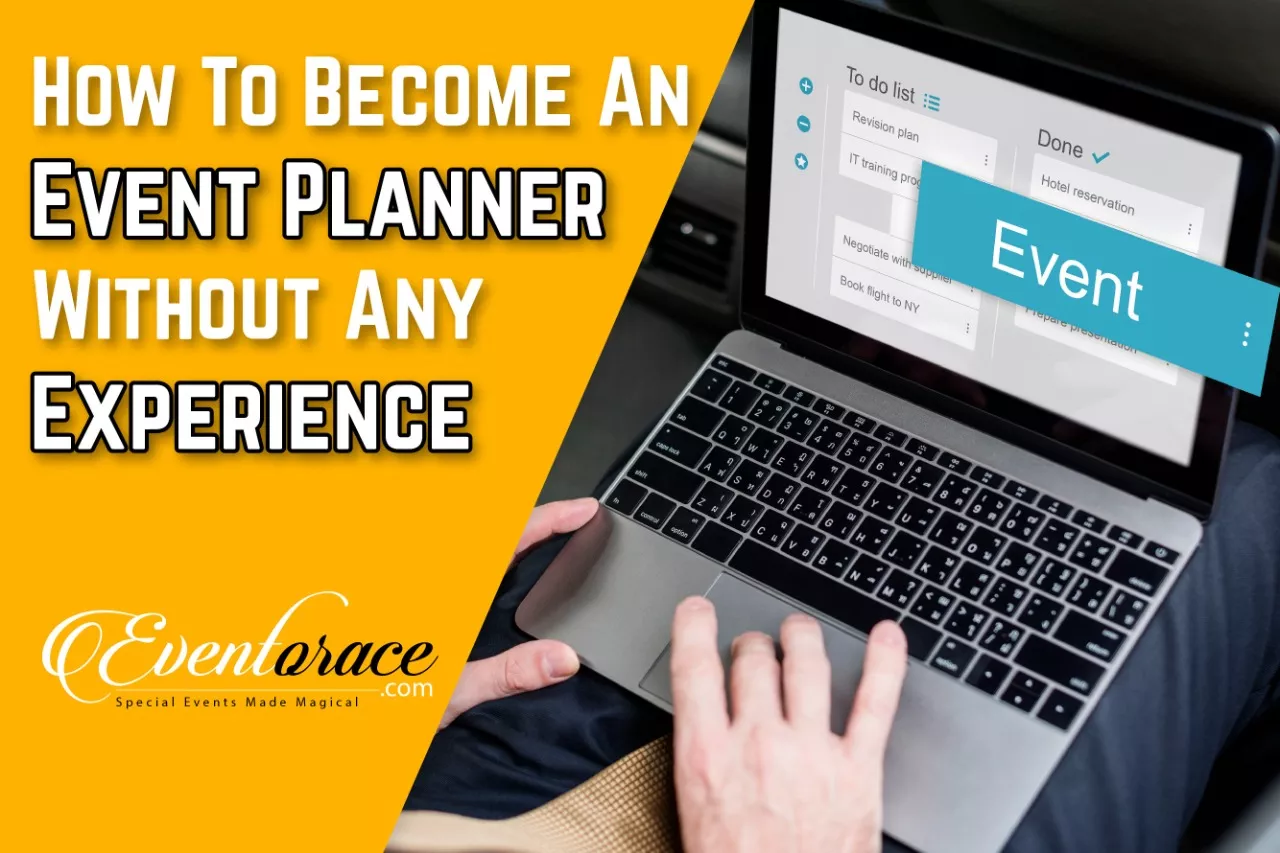


![Best Luxury Wedding Venues in the USA [2025 Guide]](https://www.eventorace.com/uploads/blog/8af9c41d148298bc7df04bf3beb01f871758027086.webp)
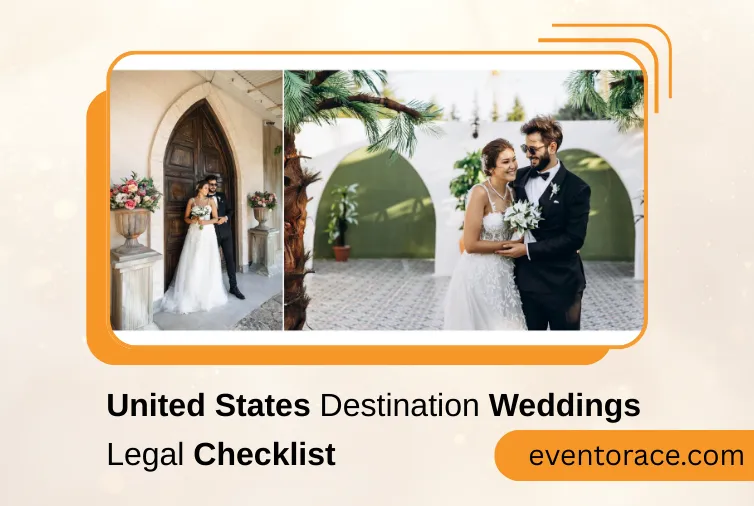
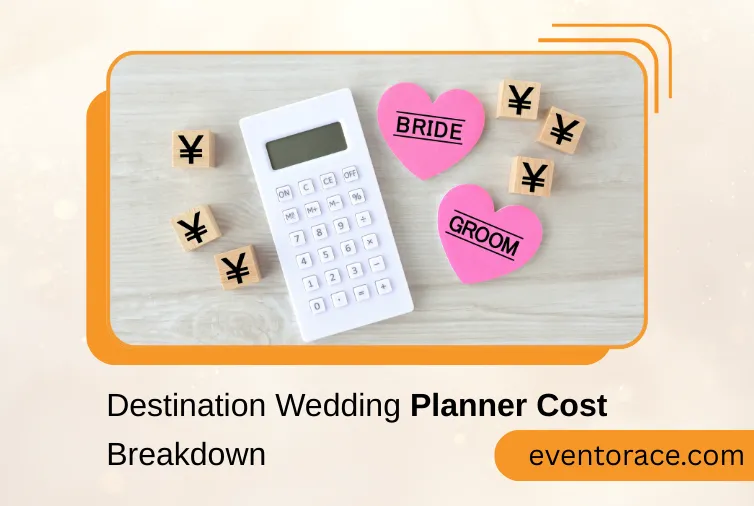
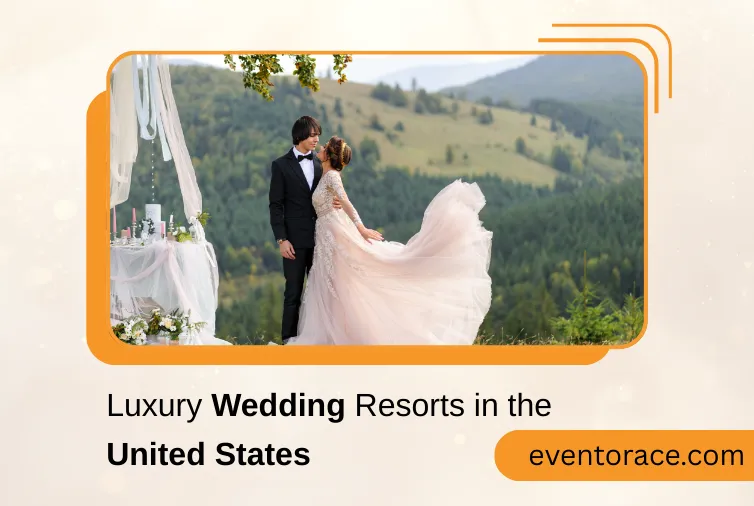
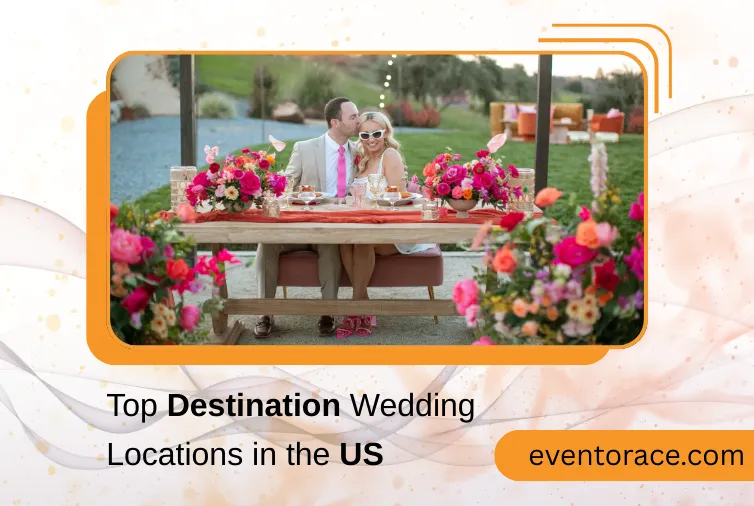

(0) Comments